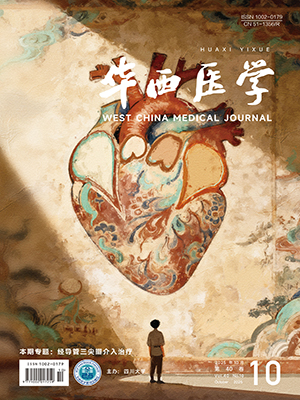Neuromyelitis optica spectrum disorder (NMOSD) is an autoimmune disease of the central nervous system that primarily affects the optic nerves and spinal cord. Most patients have positive serum antibody of aquaporin-4 (AQP4), which targets the AQP4 protein expressed on the end-feet of astrocytes. Although the prevalence of NMOSD is limited, the recurrence rate is high. Repeated and severe immune-mediated attacks can quickly lead to blindness and paralysis if undiagnosed and untreated. While high-dose methylprednisolone and plasma exchange are used in the acute phase, the treatment for recurrent prevention is limited. In recent years, researchers developed several kinds of monoclonal antibodies targeting different nodes of immune pathogenic process, including satralizumab (an interleukin-6 receptor inhibitor), inebilizumab (an antibody against CD19+ B cells), and eculizumab (an antibody blocking the C5 component of complement). In several randomized controlled clinical trials, these monoclonal antibodies decreased the relapse rate significantly in NMOSD. These emerging treatments have greatly changed the treatment of NMOSD.
Citation: LIANG Chen, LU Fang. Progress of neuromyelitis optica spectrum disorder treatment. West China Medical Journal, 2025, 40(9): 1522-1526. doi: 10.7507/1002-0179.202411173 Copy
Copyright © the editorial department of West China Medical Journal of West China Medical Publisher. All rights reserved




